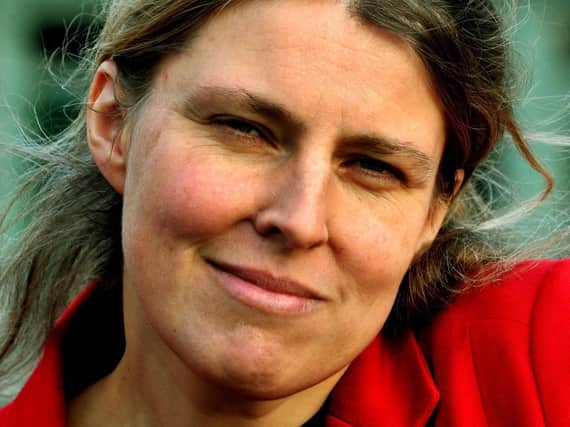Government must do more to end fundraising crisis in hospices, York Labour MP warns


The vast majority of hospices are split-financed between around 30 per cent state funding and 70 per cent charitable donations.
But the cancellation of major fundraising events including the London Marathon and Great North Run plus the closure of their charity shops over the course of the pandemic has seen their income projections take a hit.
Advertisement
Hide AdAdvertisement
Hide AdHospices provide end-of-life care for terminally ill patients, as well as palliative pain relief, community support and bereavement services.
According to the charity Sue Ryder, which manages the Wheatfields Hospice in Leeds, some £597 million every year will need to be fundraised by hospices nationwide to meet demand by 2030.
And there are fears that an ageing population will see the issue worsen, with an estimated 379,000 people needing palliative care by 2031.
A funding pot worth £125m was allocated among hospices in the first wave of the pandemic to ensure they could keep capacity, but the extra grants ended in March this year.
Advertisement
Hide AdAdvertisement
Hide AdRachael Maskell, the Labour MP for York Central and shadow minister for the voluntary sector and charities has said the Government must recognise the expertise of local hospices while increasing their funding pot.
She said: “It’s been a very challenging time for the sector.
“What’s been flagged up is the need for greater state funding for the hospice sector for the funding, but also recognise the strength of that local identity and community involvement. That also plays a vital role.
“We need more money, but we also we need to maintain local control.”
Advertisement
Hide AdAdvertisement
Hide AdMs Maskell said she was concerned about the implications of delayed medical treatment on the number of people who will eventually require hospice care.
She said: “We have to look across the whole health landscape and recognise that many people haven't been receiving the treatment interventions and early prevention
“There’s a jolly facade from the Government, but we’re in a bad place with all this. That’s why we need an enquiry and start understanding data more. I’m certainly not seeing that demand for hospice provision is abating at all.”
And she said she’s worried that the long-awaited social care blueprint that Boris Johnson committed on the day he became Prime Minister in 2019 is “a blank sheet of paper.”
Advertisement
Hide AdAdvertisement
Hide AdShe said: “We’ve heard so many announcements and I’ve asked question after question about what they’re thinking.
“I had a meeting with Ministers and their questions were so rudimentary and I just thought ‘have you done anything?’
“I’ve never had any indication of what they’re thinking, and I keep wondering if it’s a blank sheet of a paper.”
A Department of Health and Social Care spokesperson said: “Palliative and end of life care services play a hugely important role in providing care and support for thousands at the most difficult times in their lives.
Advertisement
Hide AdAdvertisement
Hide Ad“We are incredibly grateful to the hospice sector for their tireless efforts throughout the pandemic, both in continuing to deliver end of life care in challenging circumstances and in supporting the NHS.”